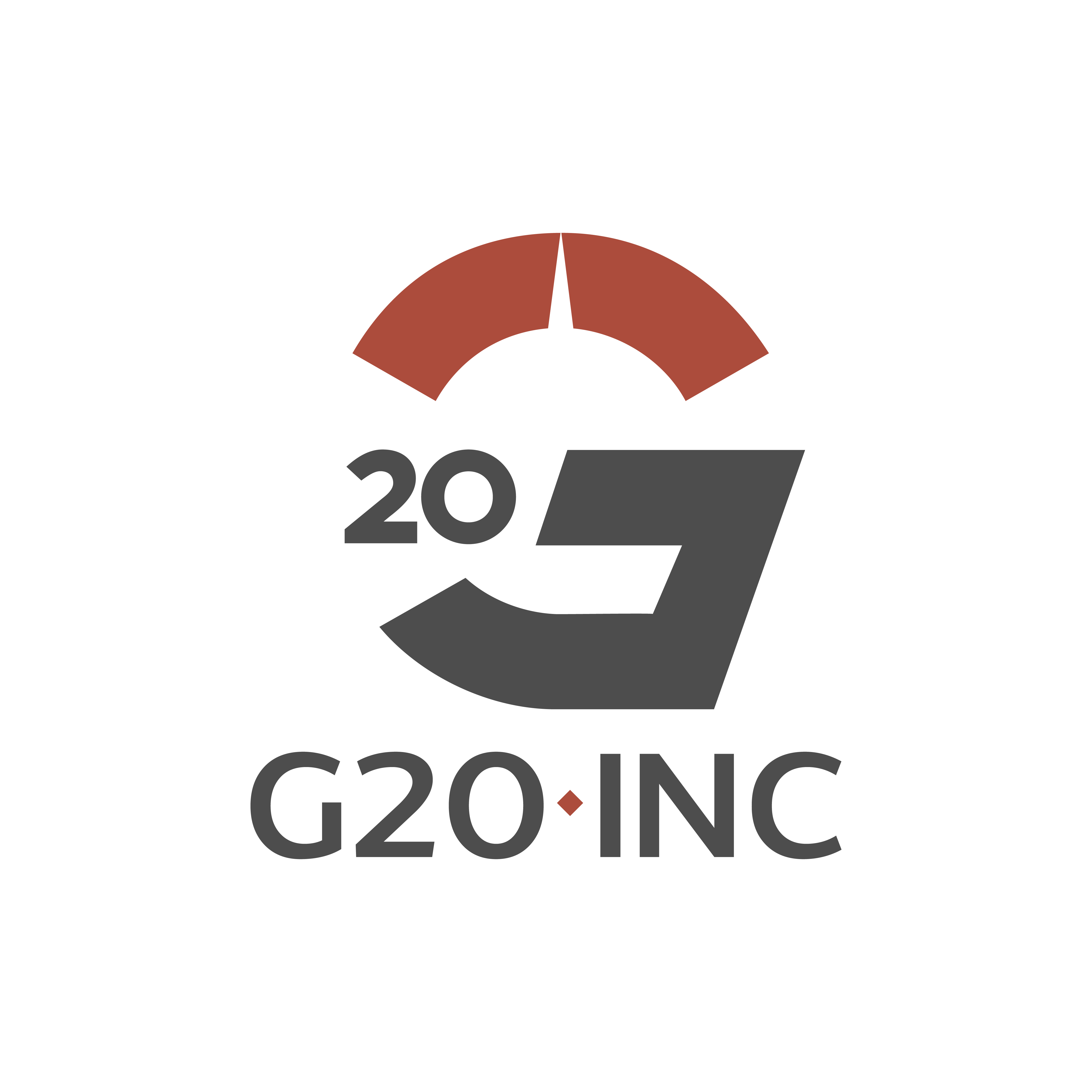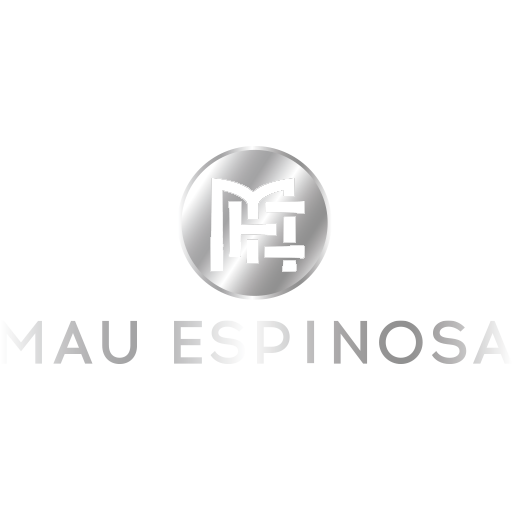Automotive Agency and Distributor Valuations
Valuing a business is complex and requires professional consultation. Even in the world of business valuations, auto dealer valuations are atypical compared to valuing businesses in the manufacturing, service, or retail sectors. This stems from the understanding required of industry-specific terminology, close analysis of factory financial statements, and application of hybrid valuation approaches.
Not only is it important to hire a business valuation expert, but it is also crucial to find an expert specialized in valuing car dealerships rather than relying on a general appraiser. The complexity of this type of assessment requires a specialized approach to achieve reliable and accurate results. When choosing the right professional, it is important to make informed and strategic decisions.
Standardization of Financial Statements
Normalizing adjustments enable a valuation expert to adjust the balance sheet and income statements of a private company to show the financial results of normal business operations and reveal their sustainable income. Some areas of potential normalizing adjustments for automotive dealers include, but are not limited to, the following:
Inventories
Officer/Dealer Compensation
Rent
Working Capital
Fixed Assets
Other Incomes and Expenditures
Most dealerships do not own their own real estate. In those cases, dealerships would still report some cost value of land or leasehold improvements in their factory dealership financial statements.
A business valuation expert will be able to determine who owns the real estate, and if not the dealer, adjust the value of the land and leasehold improvements to reflect the true value of the dealer’s tangible assets.
Failure to properly evaluate and make this adjustment will skew Blue Sky’s implied multiple on the dealership’s concluded value.
BUSINESS VALUATION
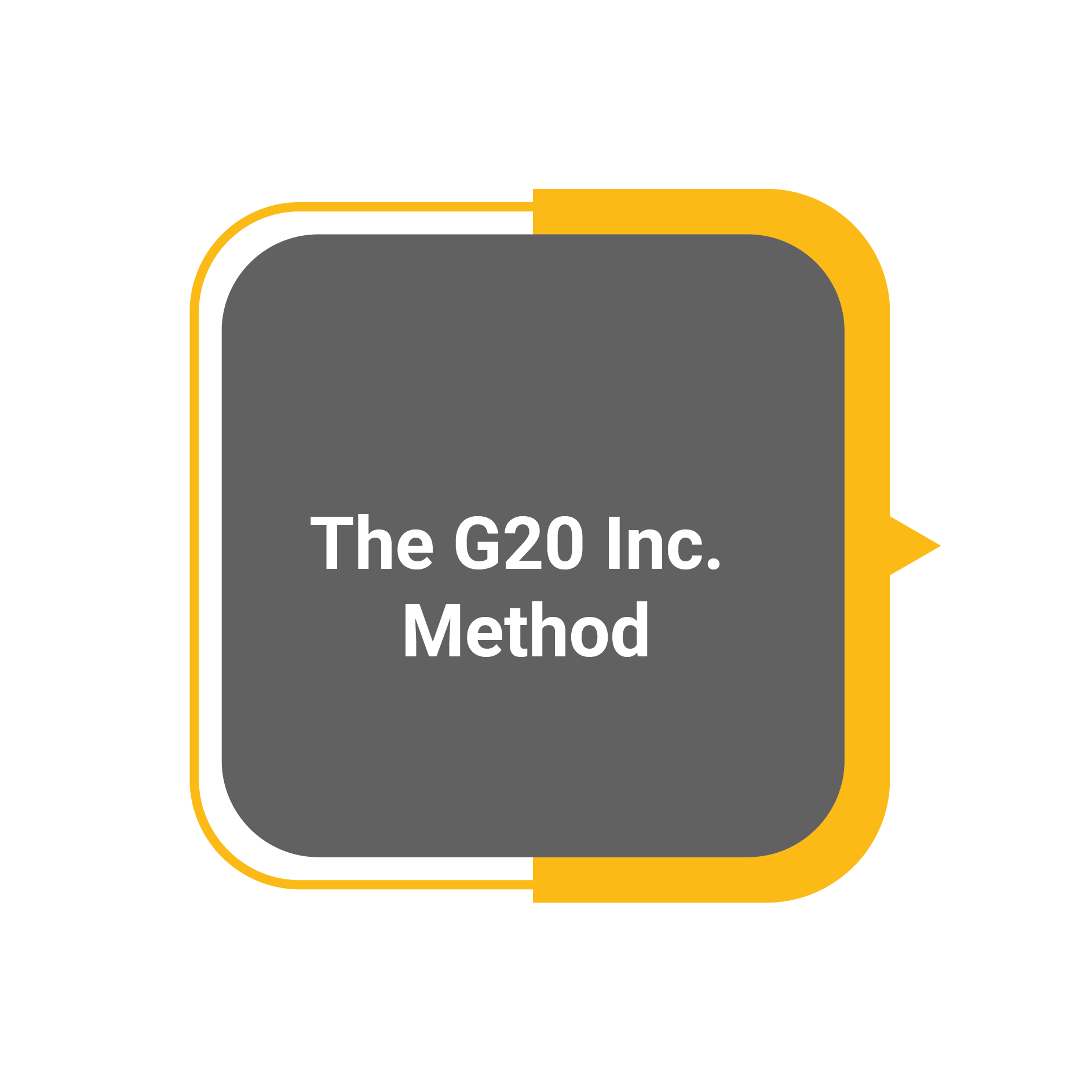


Pros and Cons of Each Methodology
Discounted Cash Flow (DCF) Analysis determines the current value of a company or asset based on the value of the money it can generate in the future. This is based on the assumption that the company or asset will generate cash flows.
Pros and cons: The Profit Capitalization method is best used for stable or mature businesses with an expected steady rate of growth. The DCF method is more appropriate for companies with uneven growth in their future earnings streams or companies with a lack of earnings history.
A primary positive feature of the income approach is that is uses the profit streams produced by a company in the valuation calculation. Since the value of a business is commonly considered to be the present value of its future earnings or cash flows. These methods emphasize the elements that a business investor typically values.
Overall, this method is extremely detailed, includes all major assumptions about the business, determines the intrinsic value of a business, and does not require comparable companies.
The G20 Method or The Market Approach
This method works by following the market approach. Data from comparable companies’ sales transactions are used to determine a reasonable valuation for a company. This data may be in the form of actual sales activity for similar businesses or averages for an industry. Rations and multiples can be calculated from the data and applied to the company in question to determine an appropriate valuation. The multiple is often applied to revenues, cash flows, or a form of earnings (such as EBITDA) for the business.
Pros and cons: The market approach is favorable as it is easy to apply and uses real-world transactions to derive value. If a business is worth what someone is willing to pay for it, then the market approach is the most appropriate method for determining that value.
The main challenge with the market approach is finding sufficient market data for private companies to reach a reliable valuation determination. Many privately-owned companies lack a suitable public counterpart; furthermore, statistics on private market companies and sales transactions can be hard to come by, may come from questionable or unreliable sources, or often require adjustments to be comparable with the company being valued. However, G20 Inc, has access to companies with comparable market information, ensuring this approach can provide the most accurate value estimation.
Main Services
WHY CHOOSE US?





